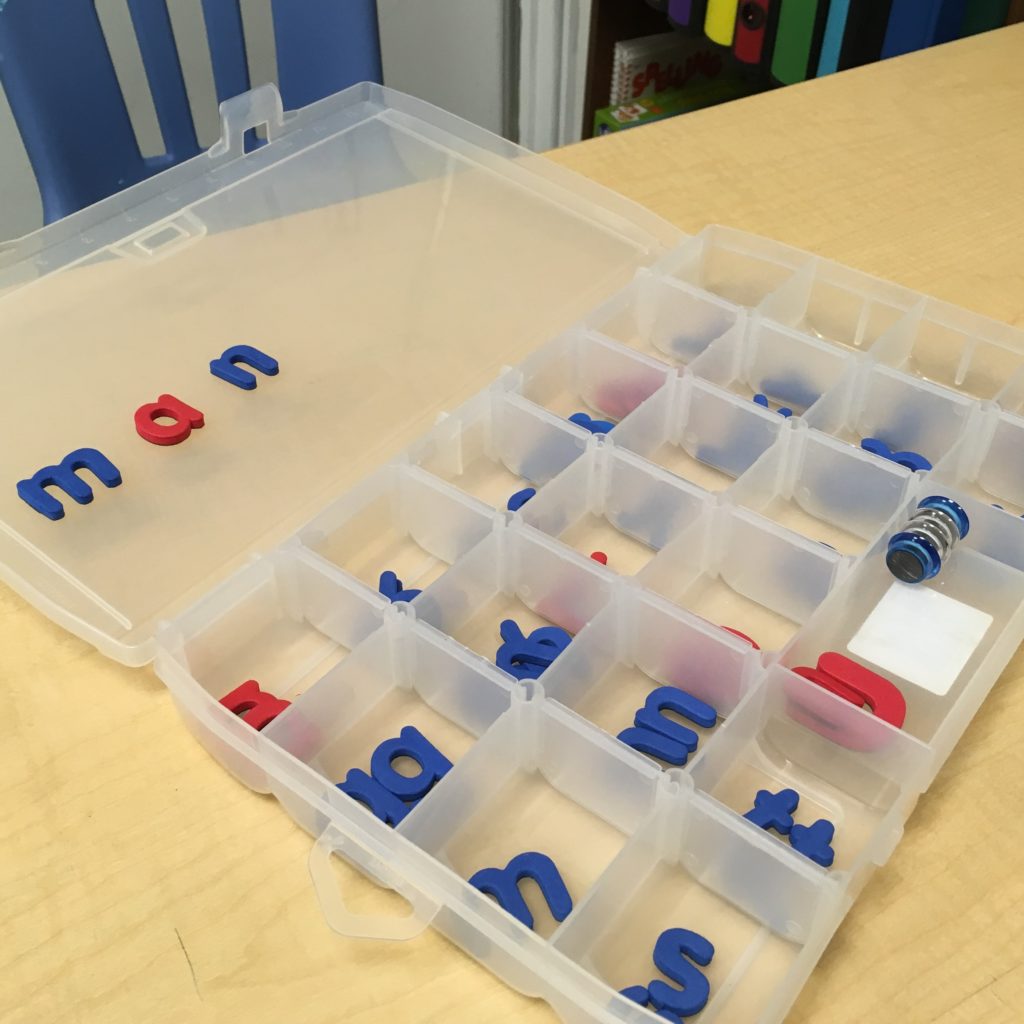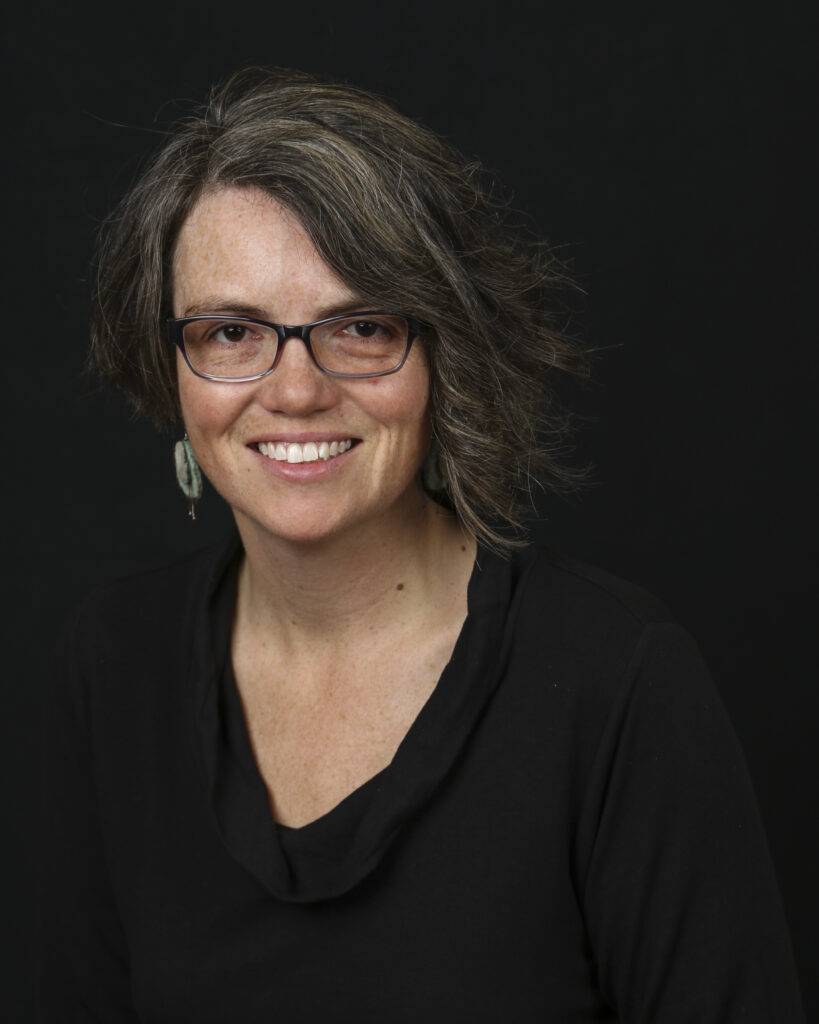
I know that you see the brilliance in your child, I believe it is there too. Let’s release it together.
My Approach
My focus is on helping dyslexic learners unlock the key to their brilliance.
My understanding originally came from the multisensory instructional approaches I learned from my mother. She has retired but was a very successful interventionist who trained at the Helen Arkell institute in the UK, and worked with many, many children over her career in the UK and Nigeria. Growing up, I did a lot of volunteering with her.
Language:
Originally I trained and certified in Canada in the Orton-Gillingham (OG) approach to literacy. Over the years of teaching and learning, I realised that my passion is on following the evidence and best practices. As I learned and followed the research into the Science of Reading I began to find the limitations of OG. I re-accredited as a Structured Literacy Interventionist through the IDA / CERI and I am pursuing a masters degree in Special Education at UBC. This has enabled me to immerse myself fully in the research and has built my knowledge base in the science of reading more than I had ever imagined.
My approach to teaching beginning readers is based on a style of teaching known as Linguistic Phonics or Speech-to-Print. This is an efficient way of learning to read that works with the way the brain learns language. I spent time delving into the evidence behind this approach during my master’s degree, and I have been really impressed by the results of this approach. We support learning by using evidence-based practices from the Science of Learning such as multisensory learning, retrieval practice, interleaving and spaced learning. We also like to play games and have a lot of fun.
Readers who come to me with fluency or comprehension challenges also receive evidence-based instruction and a customized approach.
Math:
I had to work much harder to find my approach to math instruction. As a child, I struggled to memorize my times tables. I was good at math, but at 7 years old I knew that the way I was being taught just didn’t work for me. As an adult, I saw that most approaches are simply a rehash of the same old strategies that gave me so much trouble so long ago. There is no such thing as a ‘math brain’…it’s not the kids’ fault, they just haven’t learned math the way they learn yet.
My math approach is compiled from a variety of evidence-based sources which includes multisensory and CRA (concrete, representational & abstract) approaches. At its core, it is an explicit instruction approach which grounds concepts in their real-world applications and doesn’t expect children to make conceptual jumps. Children can be successful when we unveil the mystery behind the math. This is true for fact fluency and it is also true for children who have math anxiety that is holding them back.
We play a lot of games in math too.
Academic / Executive Function Coaching:
The further I got into this field, the clearer it became that children’s academic success depends more on their executive function skills than on their subject-based abilities. Academic skills or Executive Function coaching is an unregulated industry. To develop my expertise I have sought out and trained with those who I perceive to be the giants in this field. I have read widely and continued to adapt my practices. The element that I bring to this field which is I believe, unique is that I am a dyslexic learner who is currently a university student in the age of artificial intelligence and assistive technology. While AI is scary, it also has the potential to level the playing field for neurodiverse people. While my coaching provides much that is standard in this field, I can also support dyslexic teens to become masters at making the technology work for them so that their voices can truly shine.
Finally:
Learning is an organic process, it is individual to your child. It focuses on his or her strengths and weaknesses. We measure, chart and see progress….all the while remembering that there are many things that cannot be counted that really do count. We have fun, we laugh, and we build confidence.

Nicola Lott – Academic Interventionist.

Believe me, I get it. I’ve been that kid sitting in class, letting the world wash over me because the teacher was moving at a pace I couldn’t follow. I’ve been the parent, pulling my hair out trying to help my smart kid to be successful enough to get average grades in school. I’ve also been an educator, working in schools with kids who are behind grade level and need to be taught differently so that they can catch up with their peers, and show the world what they are really capable of.
Over the years I realized that kids who struggle in school, are typically struggling because their brains aren’t wired the way the school wants to teach them.
Giving these kids who work so hard, more of the same in a normal tutoring environment is frustrating. Either it doesn’t work, or works so slowly, the child has no hope of catching up.
That’s why when we work with unique brains we have to do things differently.
I have scoured the world looking for the best of what we know in supporting these learners. I am an accredited Orton Gillingham Practitioner through OG Canada, and I am a past Chair of the board of directors. I am a member of the International Dyslexia Association and I am an accredited Structured Literacy Interventionist through their CERI accreditations subsidiary. I have trained in Multisensory Literacy through both the Canadian (OG Canada) and American (AOGPE) associations. I also have a specialty certificate in Multisensory Math having trained in Canada and through ASDEC in the USA. My bachelor’s degree is from the University of Plymouth. I am currently working on my Masters of Special Education at the University of British Columbia with a specialization in learning disabilities. For 4 years I worked as an Orton Gillingham Practitioner for Madrona School, an Independent school in Vancouver, BC that specializes in gifted education. I worked with twice-gifted students there. I left to pursue online learning…at that time, everyone thought I was crazy! When the pandemic happened I was able to share my knowledge with educators so that they could efficiently continue supporting their students.
While I work with a wide variety of children who learn atypically. I specialize in working with children with Specific Learning differences such as dyslexia, dysgraphia, dyscalculia and those who are twice exceptional or twice gifted learners.
Notch Hill Learning is the sum of my knowledge of the science and art behind what works in supporting learners that are square pegs in the system.
In my spare time, I can be found hanging out with my family, running, sailing, bike riding or walking my dog.
